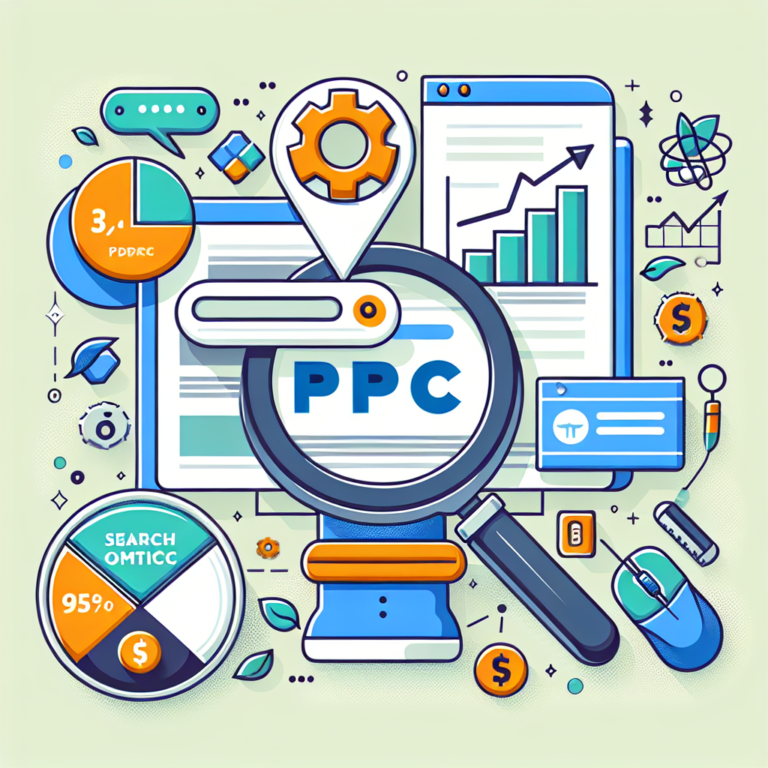Introduction
Pay-Per-Click (PPC) advertising is a powerful tool for businesses looking to drive targeted traffic to their websites and generate leads or sales. In this comprehensive guide, we will cover everything you need to know to create successful PPC campaigns that deliver results.
What is PPC Advertising?
PPC advertising is a form of online advertising where advertisers pay a fee each time their ad is clicked. This model allows businesses to reach their target audience effectively and only pay for actual clicks on their ads.
Benefits of PPC Advertising
- Instant visibility
- Targeted traffic
- Measurable results
- Control over budget
Setting Up Your PPC Campaign
Before you launch your PPC campaign, it’s essential to define your goals, target audience, and budget. Here are some key steps to set up your campaign:
Keyword Research
Keyword research is crucial for identifying the right keywords to target in your PPC campaign. Use tools like Google Keyword Planner to find relevant keywords with high search volume and low competition.
Ad Copywriting
Write compelling ad copy that captures the attention of your target audience and entices them to click on your ad. Use strong call-to-action phrases and highlight your unique selling points.
Ad Extensions
Take advantage of ad extensions to provide additional information about your business, such as location, phone number, or links to specific pages on your website. This can improve the visibility and performance of your ads.
Optimizing Your PPC Campaign
Once your PPC campaign is live, it’s crucial to monitor and optimize its performance to maximize results. Here are some tips for optimizing your PPC campaign:
Split Testing
Run A/B tests on your ads to identify which variations perform best. Test different ad copy, headlines, and images to see what resonates with your target audience.
Tracking Conversions
Set up conversion tracking to measure the effectiveness of your PPC campaign. Track key actions such as form submissions, purchases, or phone calls to understand the ROI of your advertising efforts.
Adjusting Bids
Monitor the performance of your keywords and adjust your bids accordingly. Increase bids for high-performing keywords and decrease bids for underperforming ones to optimize your budget and maximize ROI.
FAQs
What is the difference between PPC and SEO?
PPC advertising involves paying for clicks on your ads, while SEO focuses on optimizing your website to improve organic search rankings. Both strategies aim to drive traffic to your website, but they use different approaches.
How much should I budget for my PPC campaign?
Your budget for a PPC campaign will depend on various factors, including your industry, competition, and goals. It’s essential to set a realistic budget based on your objectives and track the performance of your campaign to make adjustments as needed.
How can I measure the success of my PPC campaign?
You can measure the success of your PPC campaign by tracking key metrics such as click-through rate, conversion rate, cost per click, and return on ad spend. Use analytics tools like Google Analytics to monitor the performance of your campaign and make data-driven decisions.
